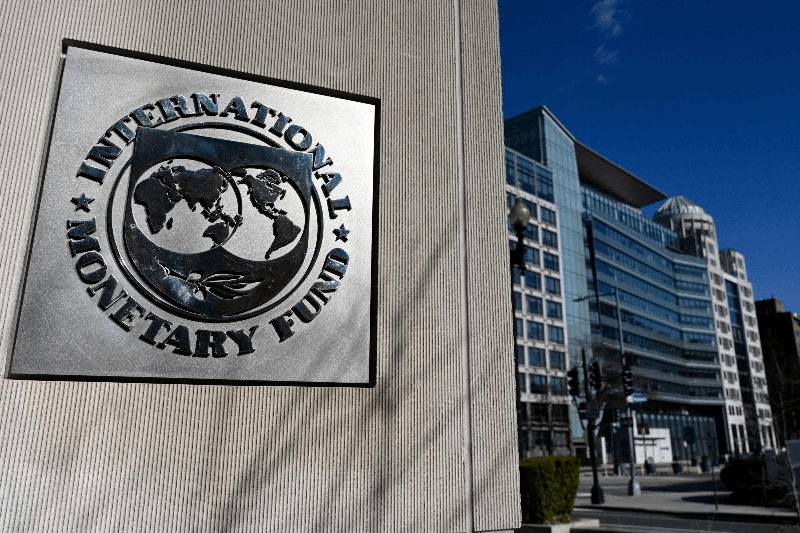Top 10 Most Powerful International Organizations in Finance: Shaping the World's Economy
In the ever-interconnected global economy, a handful of financial organizations wield immense power—not just over markets, but over entire nations' economic futures. These international institutions play a defining role in stabilizing economies, facilitating development, providing loans, offering emergency financial aid, and setting financial standards followed by countries worldwide.
While critics argue about the influence and intent behind some of their policies, there’s no denying that these institutions sit at the heart of how money moves and economies grow. Whether it’s fighting poverty, reforming structural inefficiencies, or responding to crises, these bodies are integral to the international financial landscape.
Here are the Top 10 Most Powerful International Financial Organizations that influence global economics, policy, and development:
1. International Monetary Fund (IMF)
The IMF is a cornerstone of global economic stability. Tasked with promoting monetary cooperation and offering financial assistance, the IMF helps countries facing balance-of-payment crises. It enforces macroeconomic reforms and fiscal discipline in exchange for loans—a method both praised and criticized for its impact on sovereignty and austerity policies.
2. The World Bank Group
Known for its development-centric mission, the World Bank focuses on reducing poverty by funding projects that boost infrastructure, education, healthcare, and institutional reforms. Its support extends especially to low-income countries, aiding long-term sustainable growth while tackling the roots of underdevelopment.
3. Bank for International Settlements (BIS)
Often dubbed "the central bank for central banks," BIS promotes global monetary and financial stability. It provides a forum for international cooperation and research and serves as a trusted counterparty in financial transactions for central banks.
4. Financial Stability Board (FSB)
Formed in response to the 2008 financial crisis, the FSB ensures that global financial systems remain resilient. It monitors systemic risks and coordinates regulatory frameworks across countries to mitigate future meltdowns.
5. World Trade Organization (WTO)
While not a financial lender, the WTO has immense influence on global economics through its trade regulation role. Trade affects financial stability, currency flow, and market access, making the WTO a vital player in the broader economic picture.
6. Organization for Economic Co-operation and Development (OECD)
The OECD is a think tank and policy advisor, offering data-driven insights into economic performance and recommending policies for sustainable growth. It guides governments in tackling inequality, improving education, and strengthening financial governance.
7. European Central Bank (ECB)
For EU member states, the ECB is the authority on monetary policy. As the overseer of the Eurozone’s economic health, it influences global finance through its large reserve holdings, policy tools, and economic integration goals.
8. Asian Development Bank (ADB)
Focusing on Asia and the Pacific, the ADB works toward eradicating poverty and supporting infrastructure projects. Its role has grown with Asia’s rise as a global economic hub, making it a key regional financial force.
9. African Development Bank (AfDB)
The AfDB supports African nations through loans and technical expertise. It addresses challenges like food security, energy access, and regional integration, helping to lift nations from underdevelopment through strategic finance.
10. New Development Bank (NDB)
Formed by BRICS nations (Brazil, Russia, India, China, South Africa), the NDB represents an alternative to Western-dominated institutions. It focuses on funding sustainable development and infrastructure projects in emerging economies with a more inclusive approach.
Final Thoughts
In today’s complex financial web, these organizations serve not only as monetary lifelines but as architects of the global economy. Their decisions impact interest rates, debt restructuring, poverty alleviation, and long-term development across continents. While debates on influence, conditionality, and transparency continue, their role in stabilizing and shaping the future of both developing and developed economies is undeniable.
As the world faces future crises—climate change, inflationary pressures, and digital financial transformations—these institutions will need to evolve. But their influence? That’s already firmly cemented in the foundations of international finance.


Comments
Post a Comment